“Pit bull mixes are the most common dog I end up rescuing in Memphis. People get them because they think they can breed them for money. Then when it comes down to paying their bills or taking care of their dogs, the dogs get turned out on the street to fend for themselves. If they’re not smart, they won’t last a week. If they are, then it’s because they’ve learned who and what to stay away from. There are probably 5,000 dogs on the streets of Memphis right now with nowhere to go, doing nothing wrong, just looking for something to eat.
“Most dogs people call feral were abused and would rather live on their own than trust another human. These animals need to be in the care of rescue groups. Some of them can be fostered and adopted; others never will be. There needs to be a better relationship between the local animal shelter and rescue groups. We could save a lot more dogs if there were. If you know of an animal that needs help, post on the Lost and Found Pets of the Mid-South FB page, include a photo, and ask for a rescue to step up.”
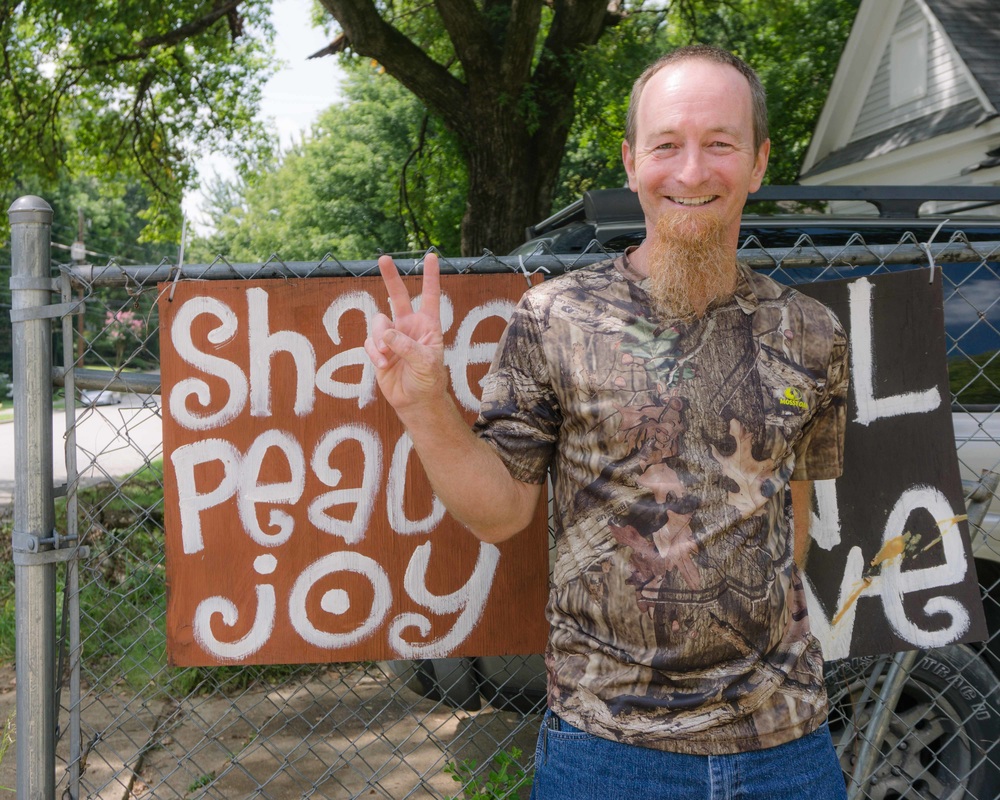
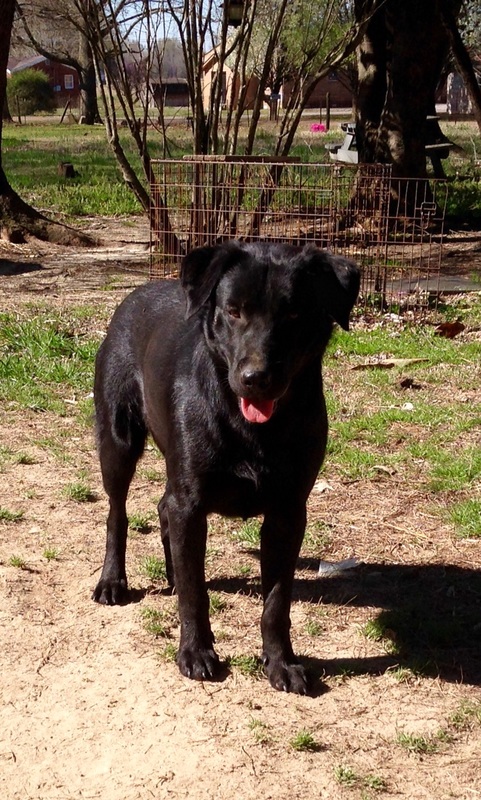
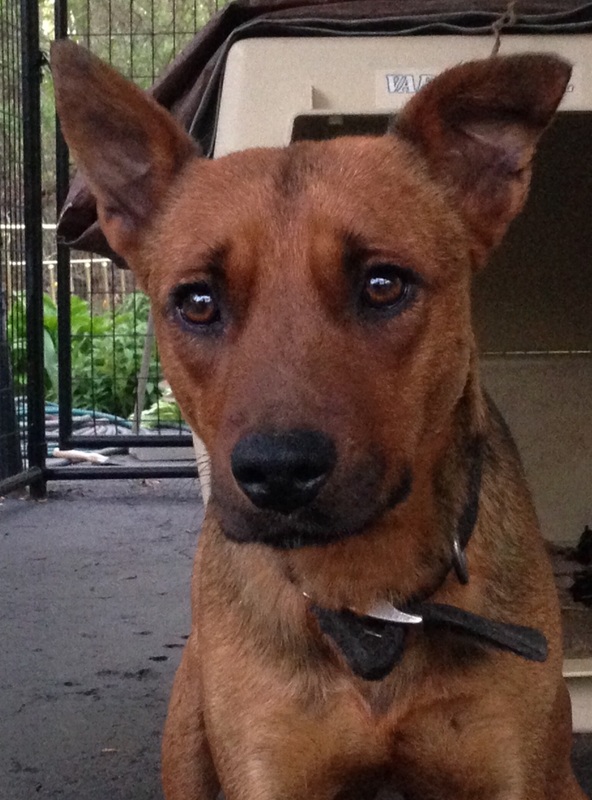
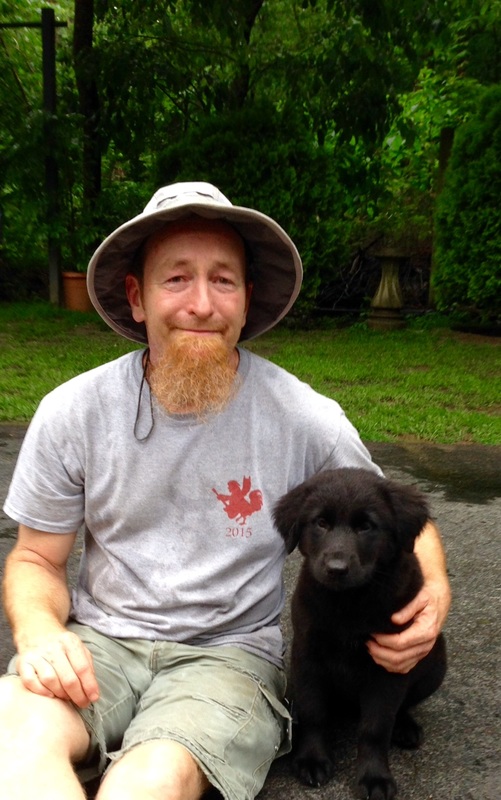
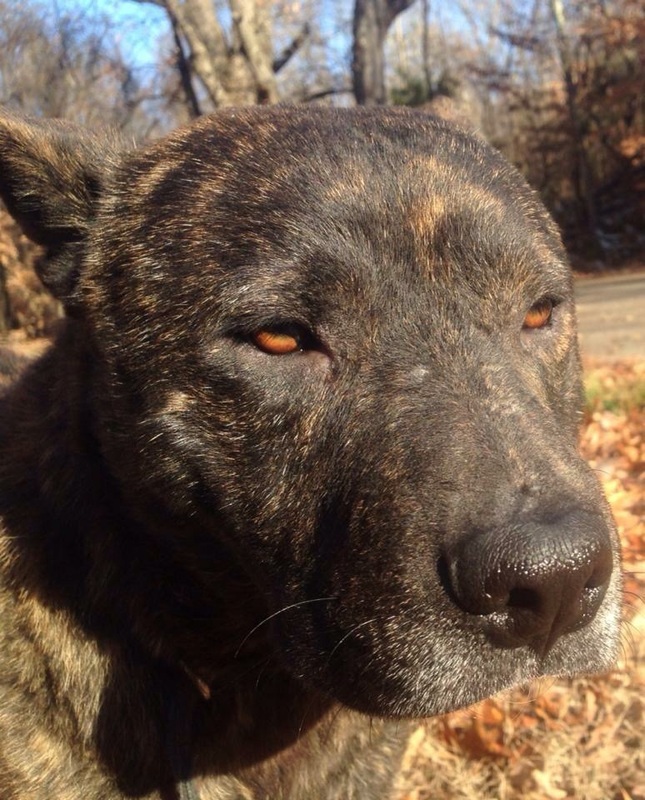
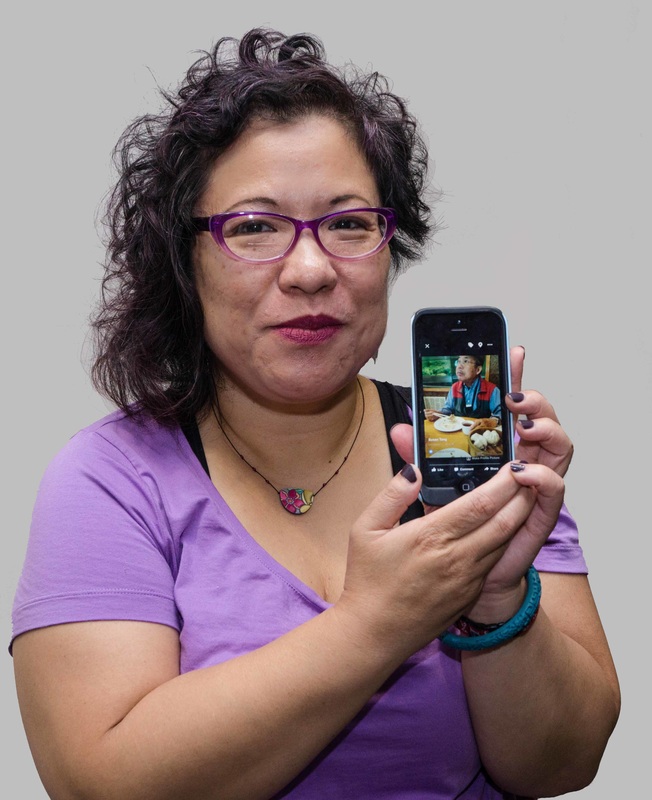
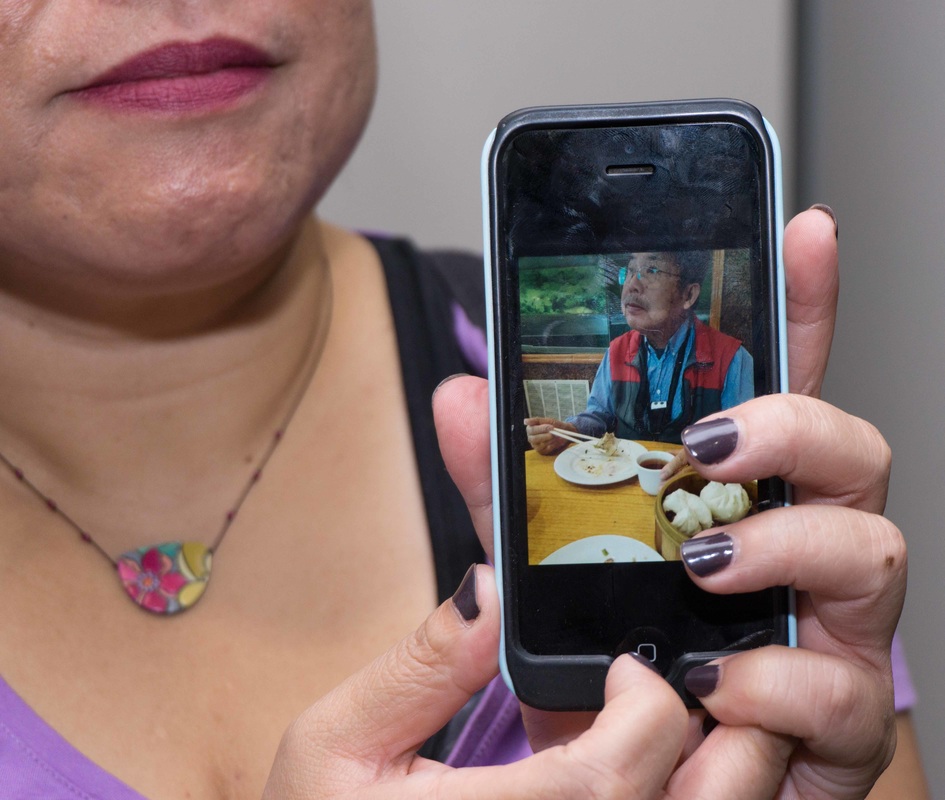
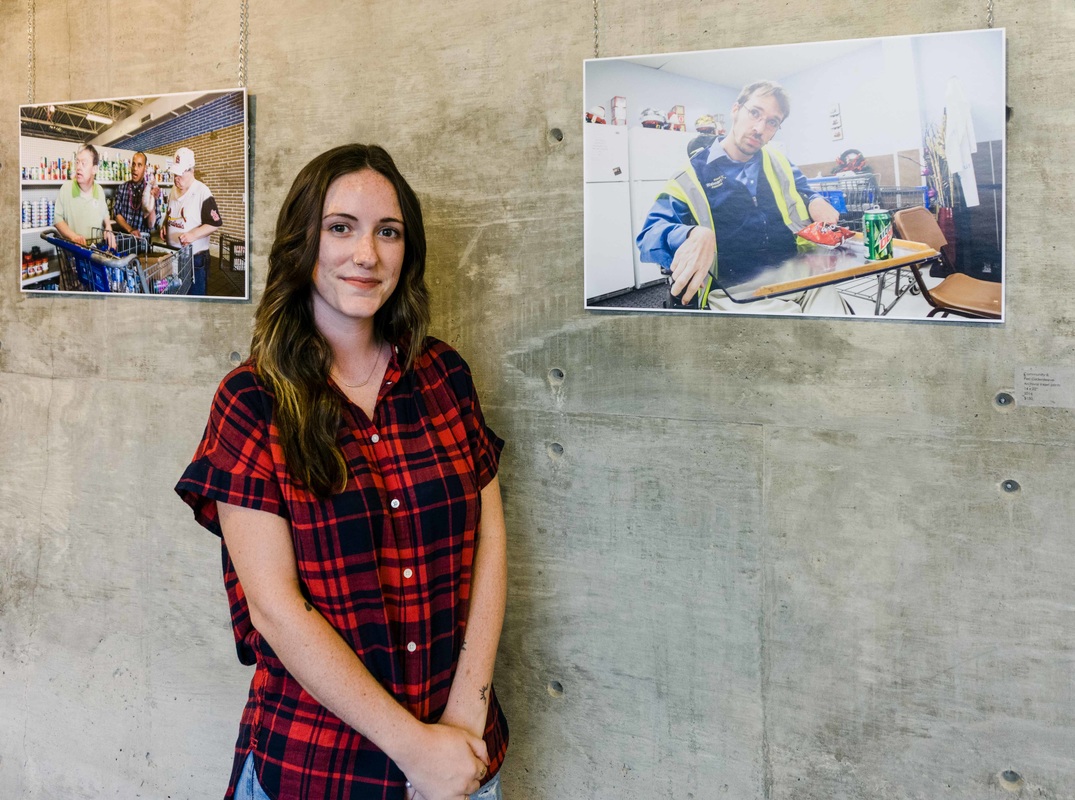
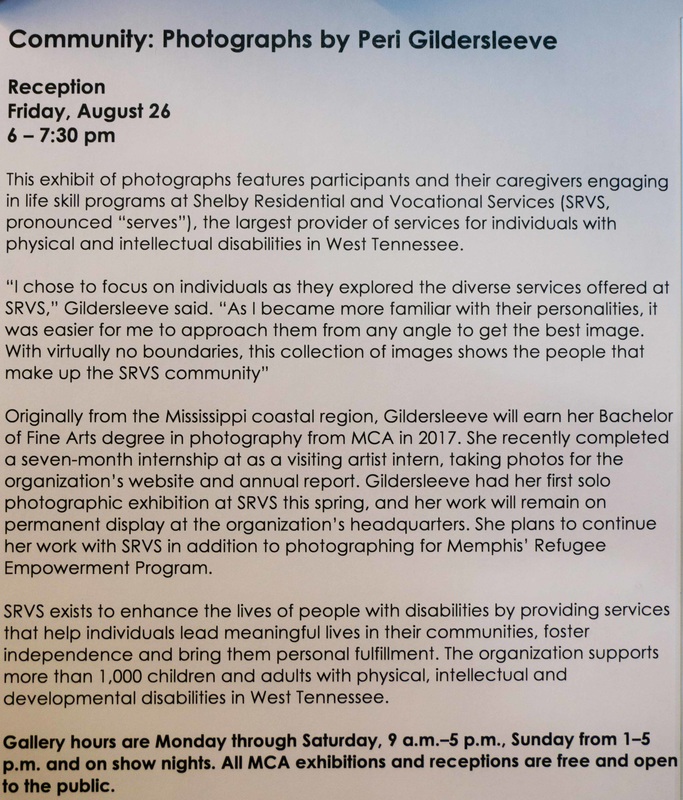

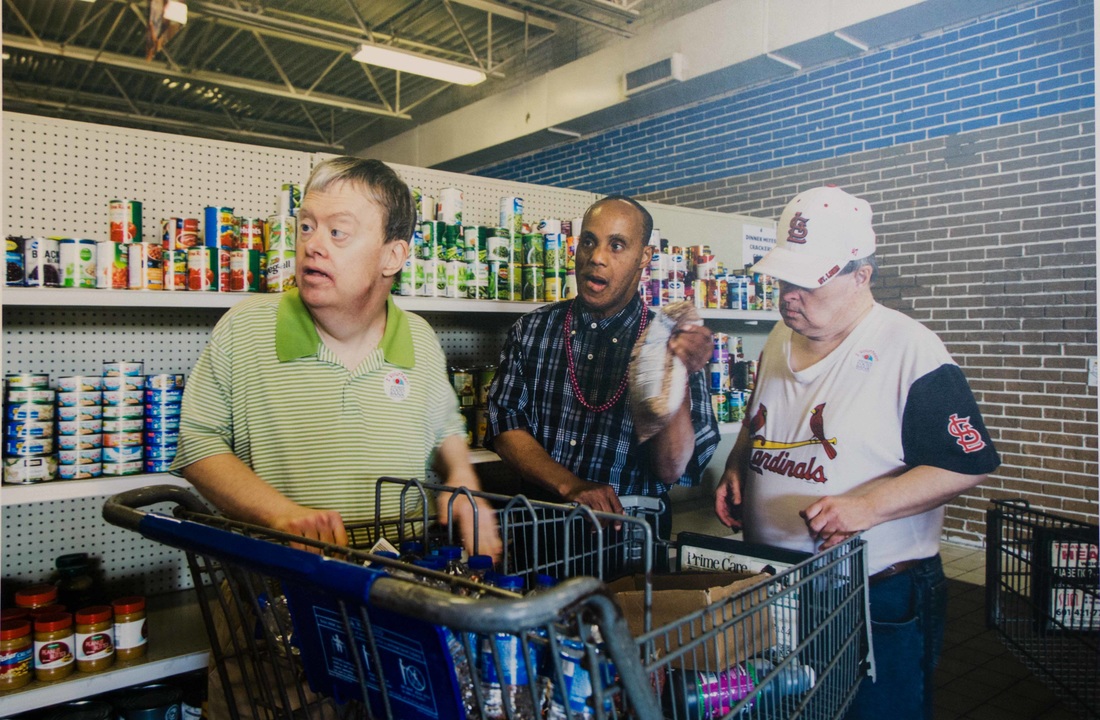
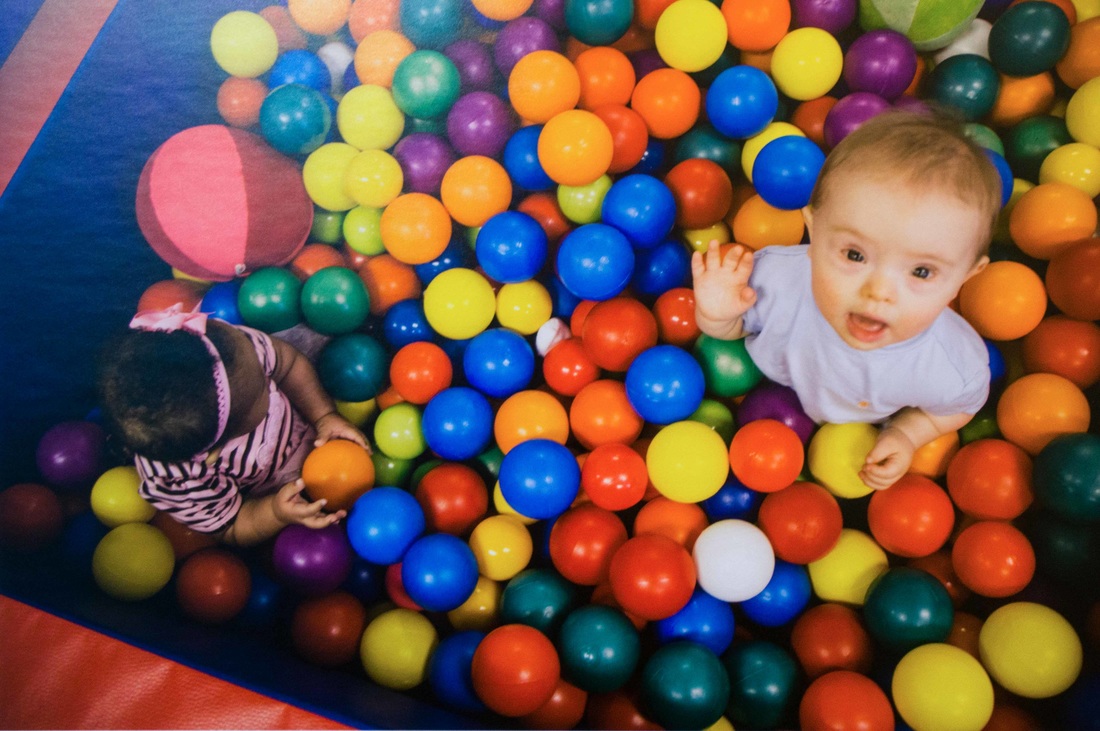
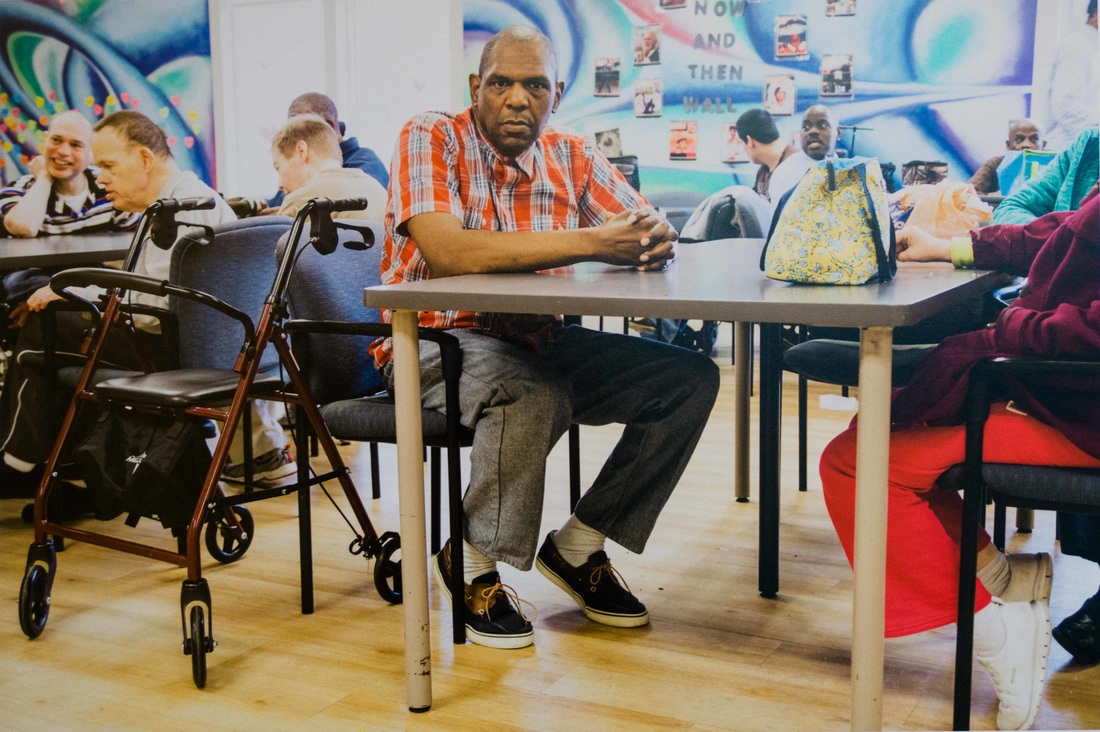
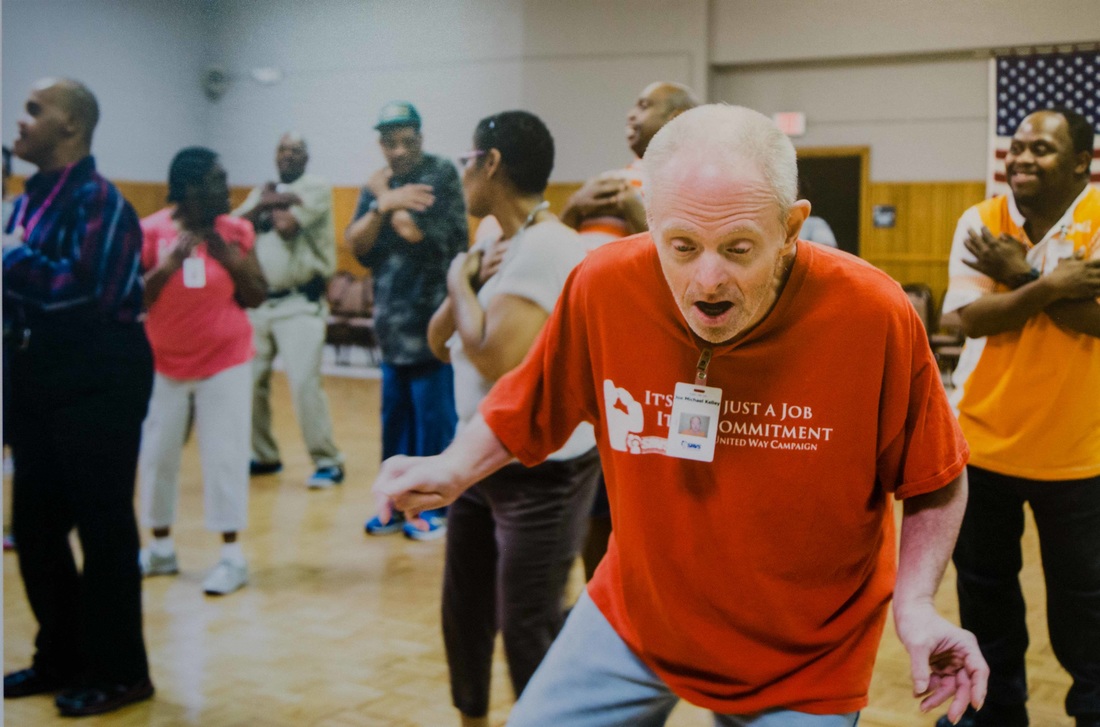
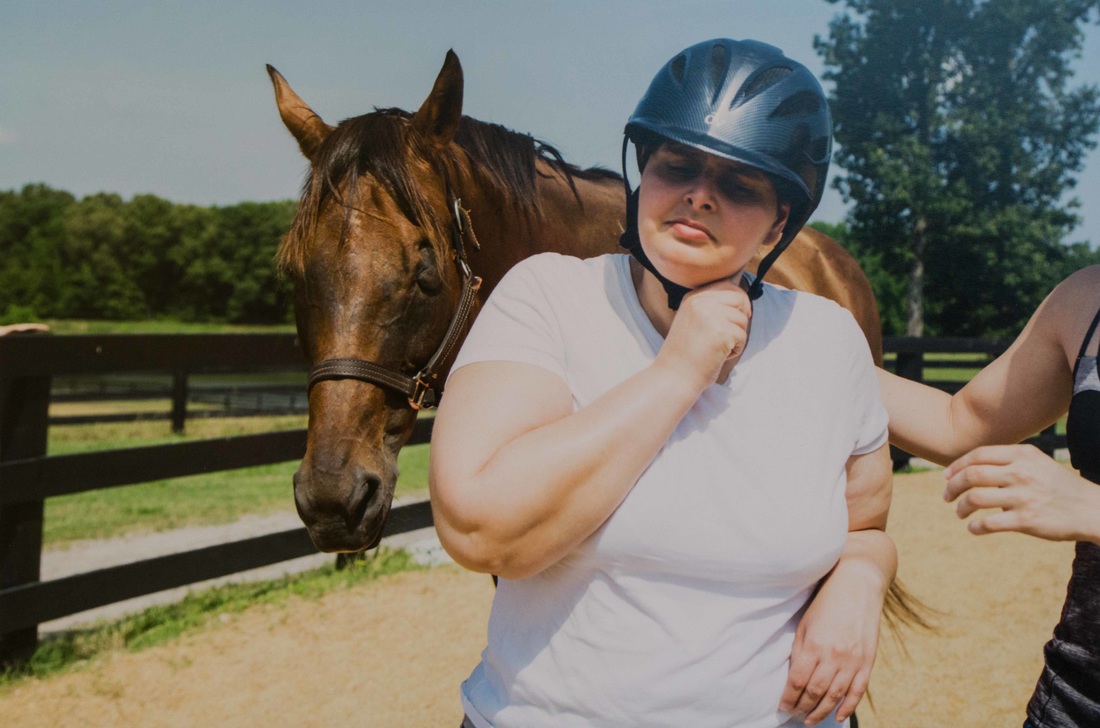
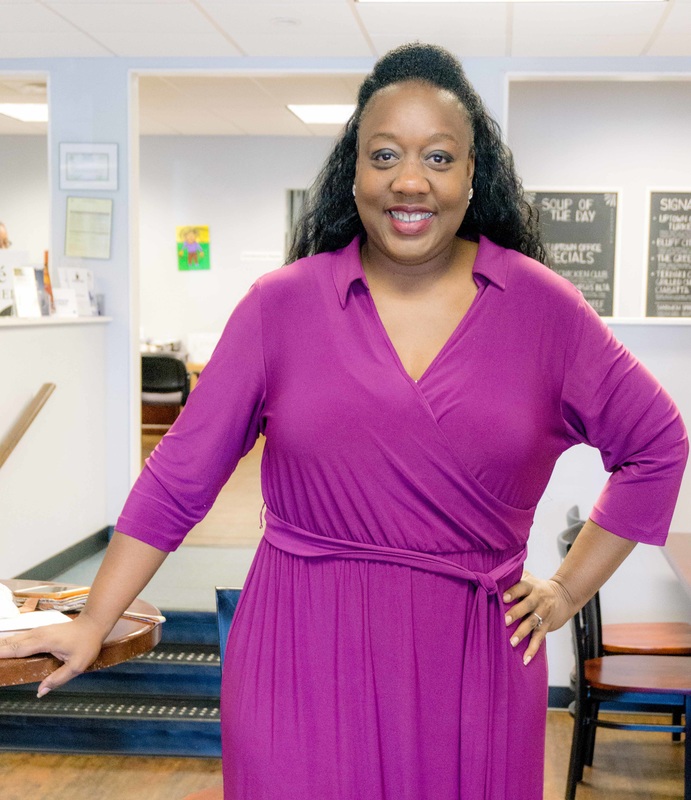
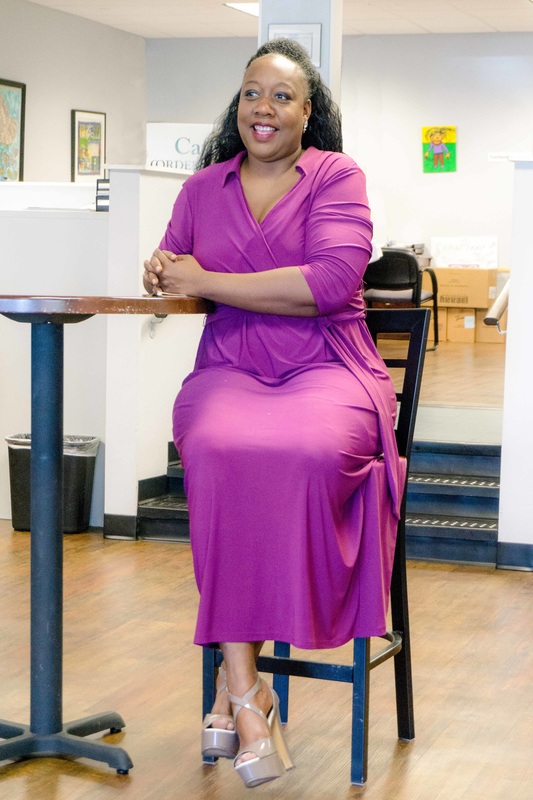
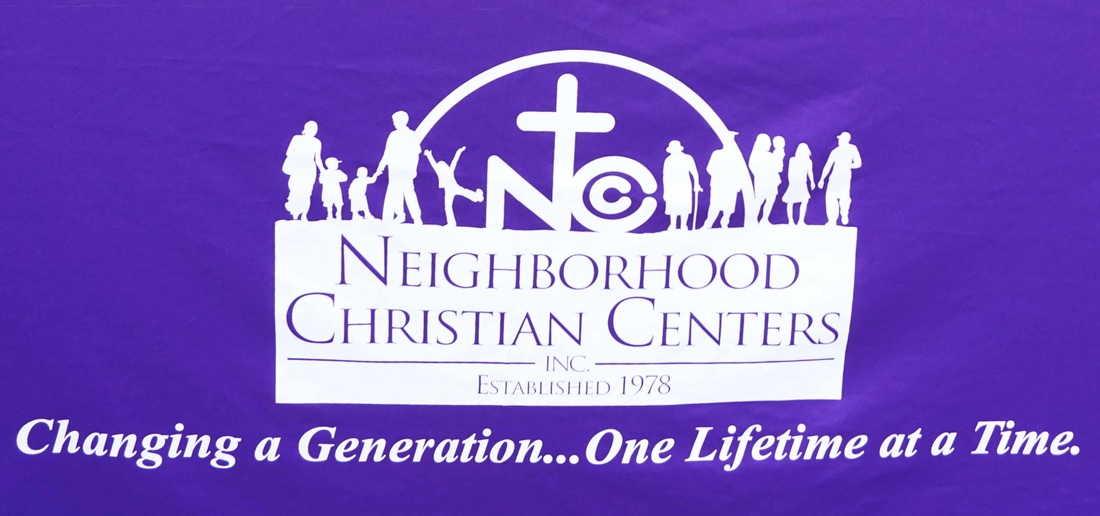
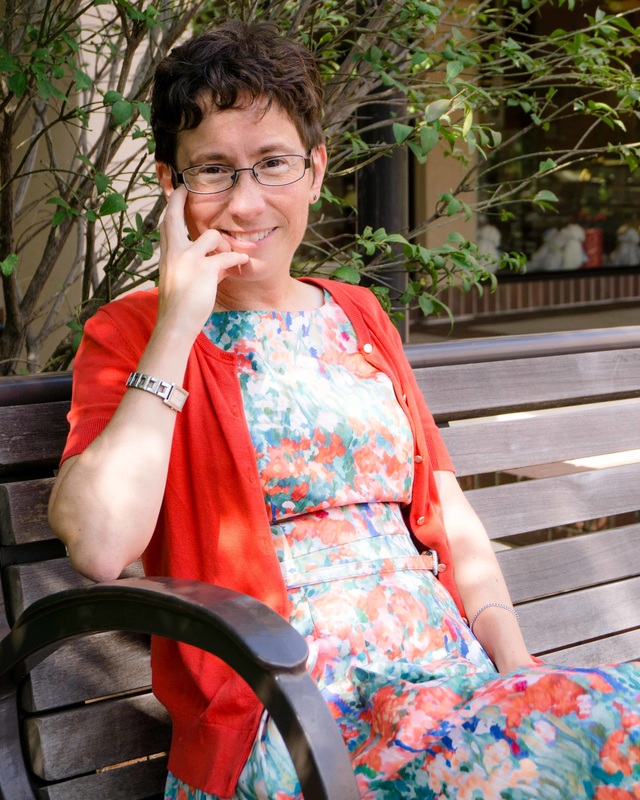
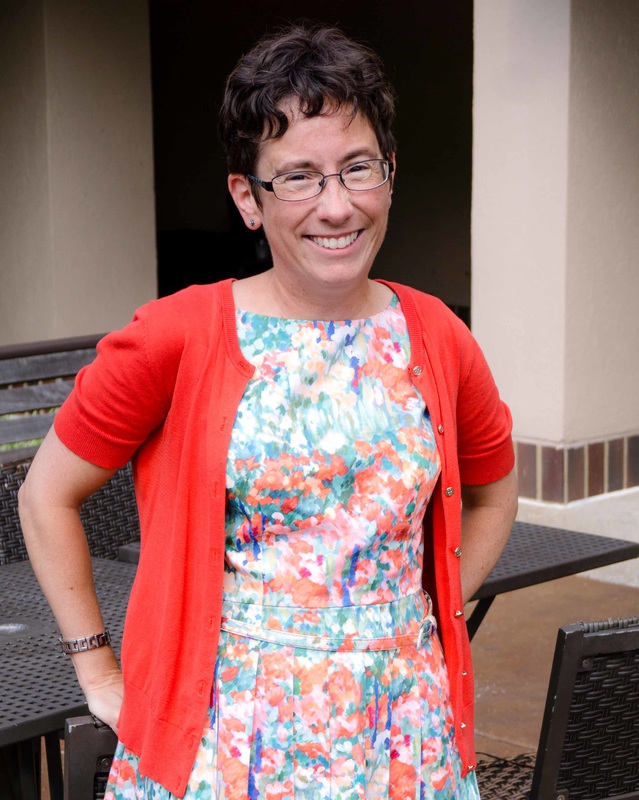
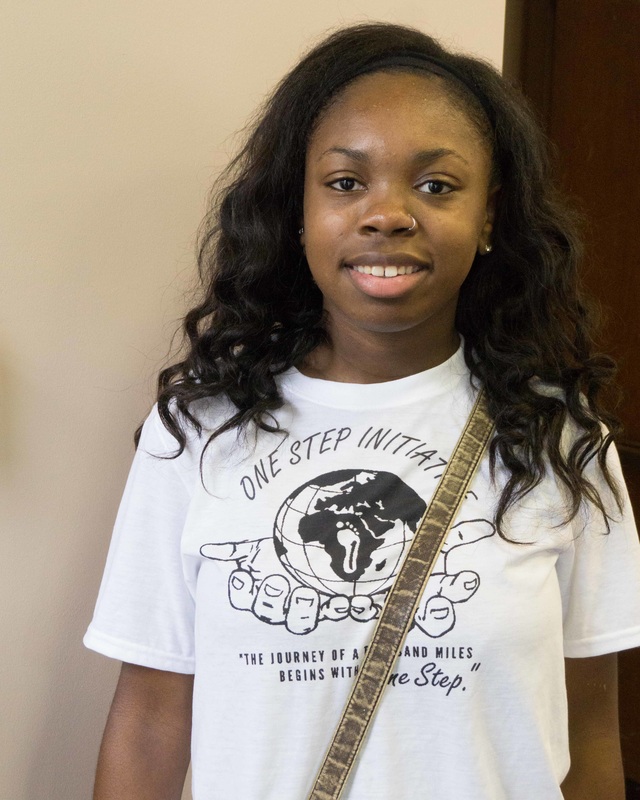
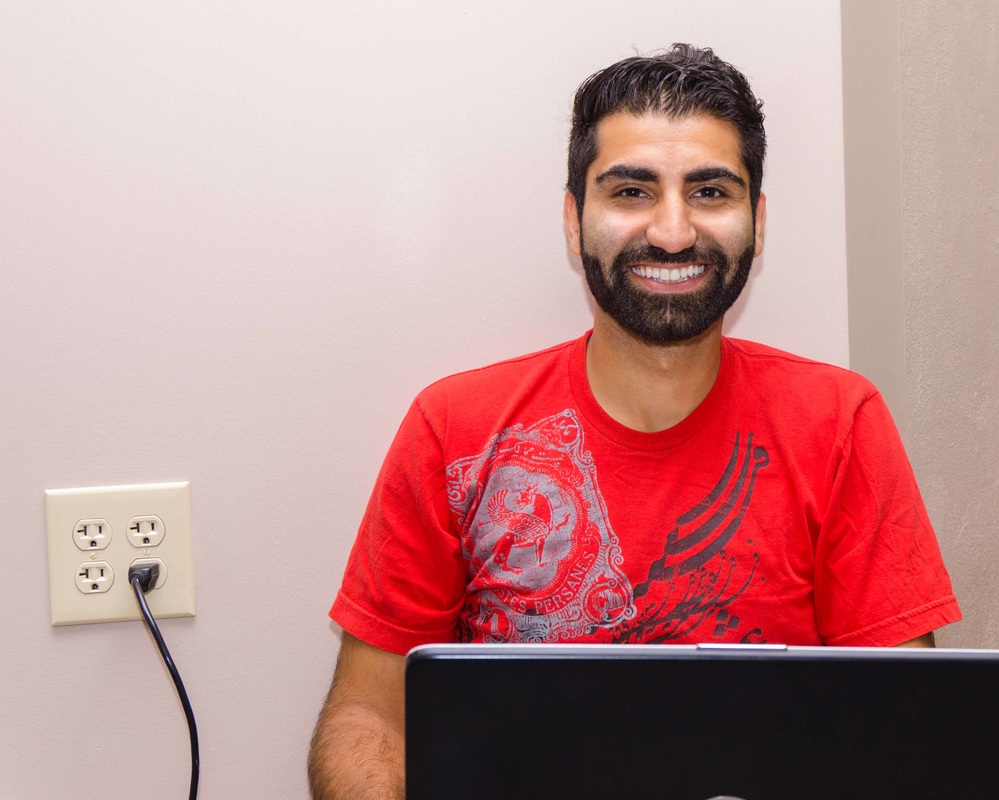
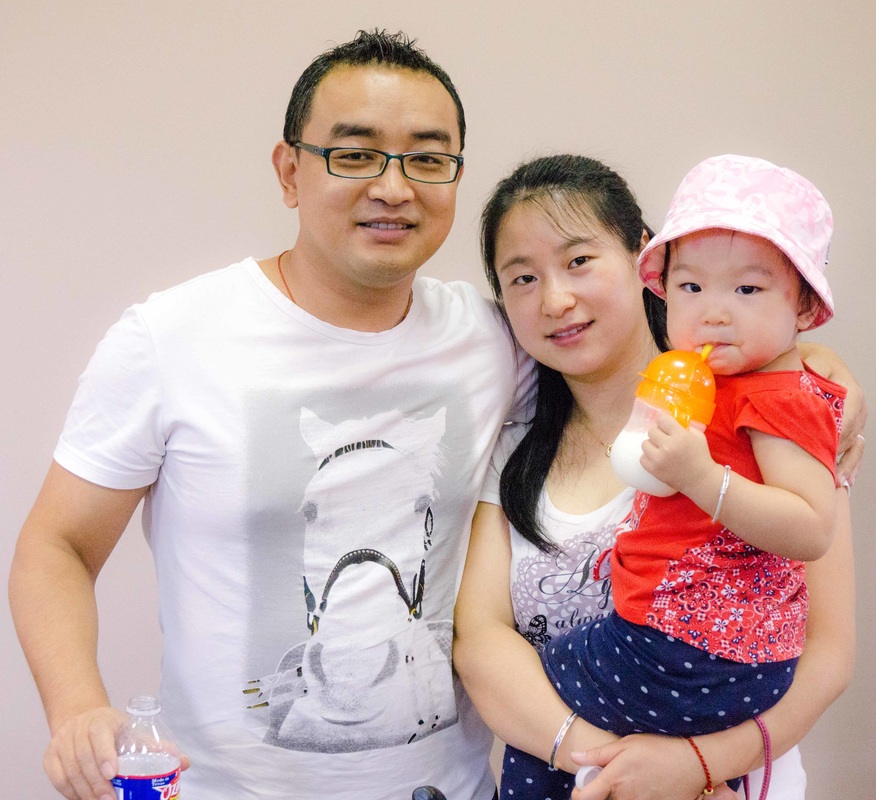
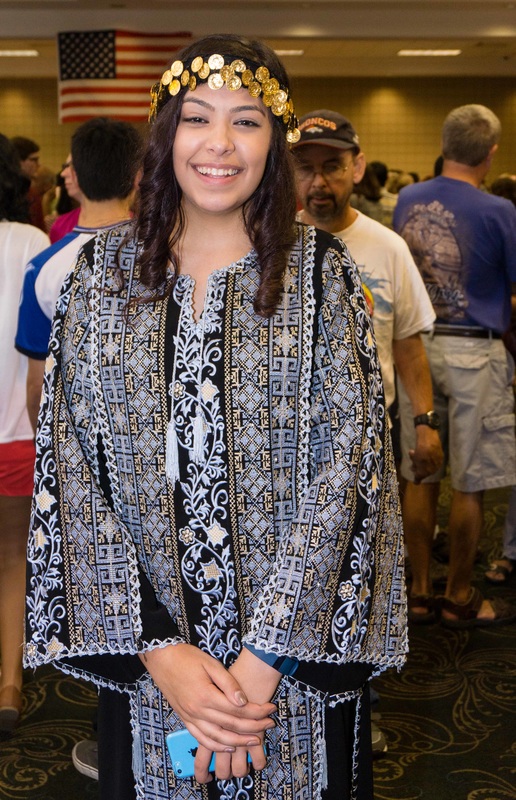
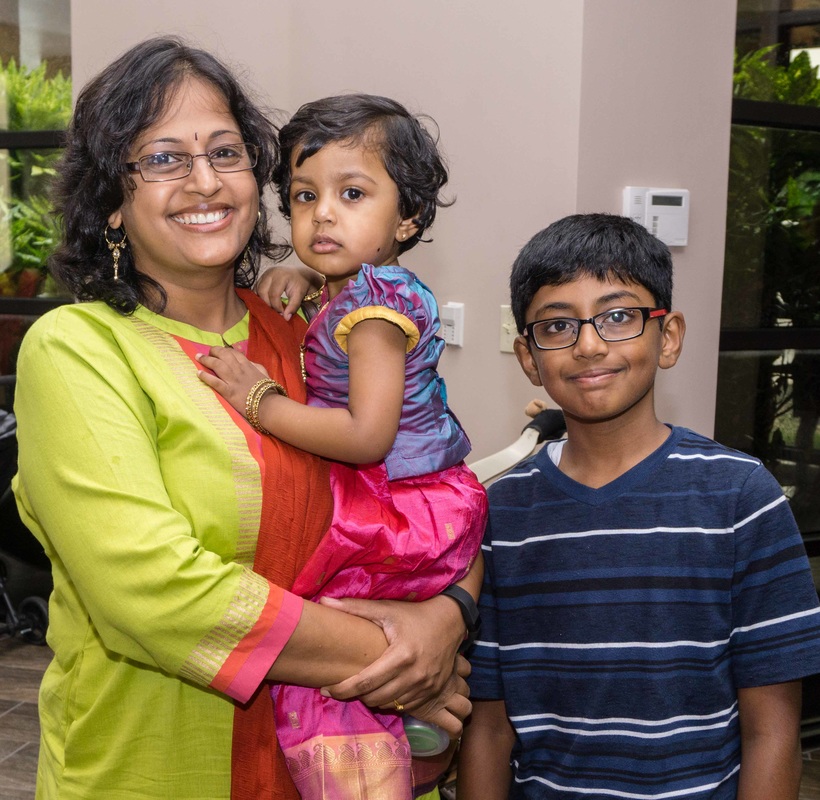
 RSS Feed
RSS Feed